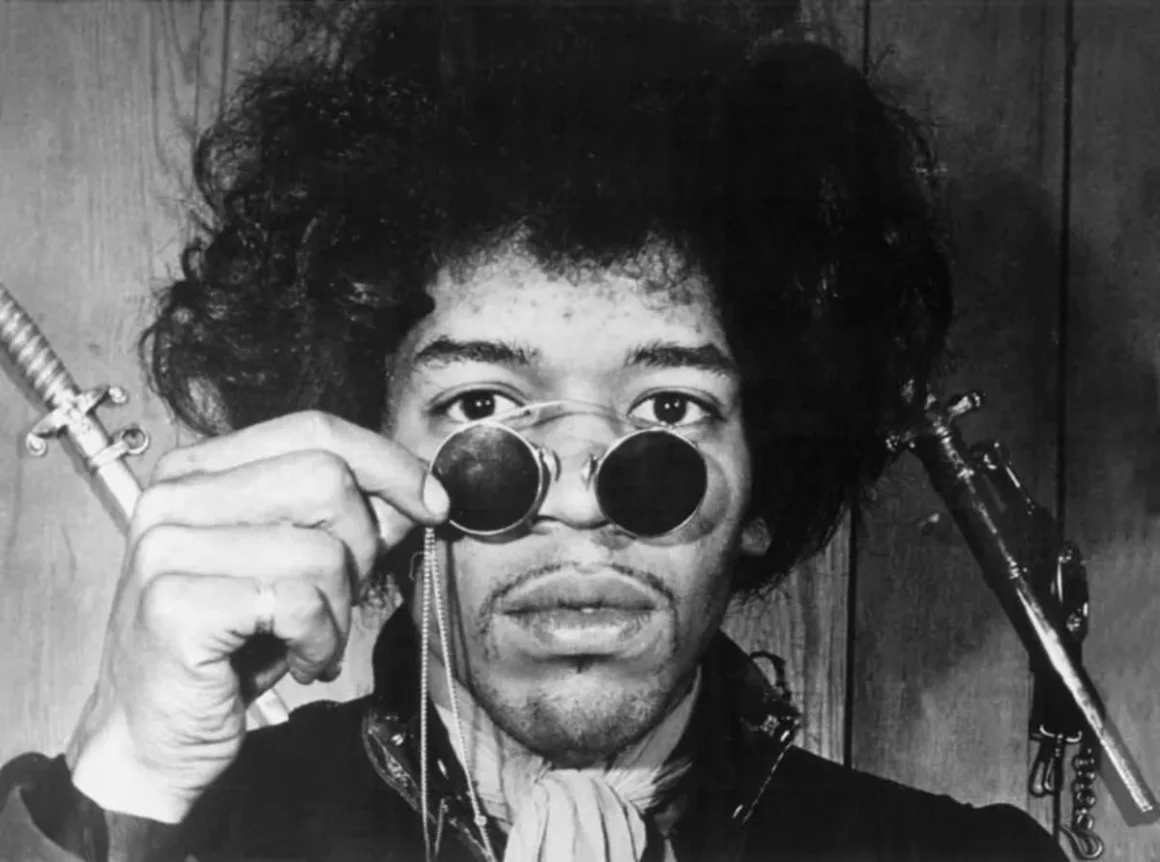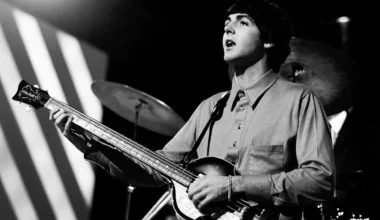Rock music has always ignited debates, but one figure who seemed universally admired was Jimi Hendrix. Just months after arriving in England, Hendrix had captivated the biggest names in music, including members of The Beatles and The Rolling Stones, with his electrifying style and unmistakable talent.
While Hendrix usually chose diplomacy over direct criticism, he was no stranger to holding strong private opinions. Confident in his own abilities, he often avoided negative public statements about other musicians. Yet, among those he trusted, Hendrix reportedly held unfiltered views, including a sharp take on Led Zeppelin.
Led Zeppelin has long been a polarizing band. To some, they represent rock virtuosity, while others see them as a group of Englishmen recycling American blues. Comprising Robert Plant, Jimmy Page, John Paul Jones, and John Bonham, Zeppelin’s legacy is complicated, often criticized for its heavy borrowing from Black American music. Unlike The Rolling Stones, who acknowledged their influences with covers, Zeppelin rarely credited the origins of their sound—a detail that, according to some sources, didn’t sit well with Hendrix.
In a 2006 interview, Vanilla Fudge drummer Carmine Appice recounted a revealing conversation with Hendrix in the late 1960s. “Jimi Hendrix personally told me he didn’t like Zeppelin because they were like excess baggage and that they stole from everybody,” Appice recalled.
He even cited specific songs like “You Shook Me” and “Dazed and Confused,” which Hendrix reportedly felt borrowed too heavily from other artists like Jeff Beck and Vanilla Fudge.
Appice saw things differently, taking a more forgiving stance on musical influence. “When I first heard John Bonham’s triplet on the bass drum, I told him it was amazing,” Appice explained. Bonham then surprised him, replying, “I took that from you!” Appice laughed it off, realizing he had briefly played the technique on a Vanilla Fudge track, which Bonham then expanded upon.
But Hendrix, who appreciated originality, wasn’t as forgiving. Robert Plant recalled Hendrix once jokingly teasing Bonham about his double bass drum technique, saying, “You’ve got a foot like a rabbit. We used to take the mickey out of people who used double bass drums.”
Hendrix’s aversion to Zeppelin’s “grab-and-run” approach was evident. When asked about the band in a 1970 interview, Hendrix admitted, “I don’t think much of Led Zeppelin—I mean, I don’t think much about them.”
While he tried to soften his response, it was clear that Hendrix was unimpressed with Zeppelin’s tendency to mine American music without acknowledgment. Nonetheless, he acknowledged Page’s skill, remarking that “Jimmy Page is a great guitarist.”
Despite Hendrix’s reservations, he and Page never had the chance to perform together, something Page later regretted deeply. “I never saw him play, either. I’m really, really upset with myself for never seeing him. I really wanted to hear him,” Page reflected.
Hendrix’s untimely death in 1970 meant he missed the years when Led Zeppelin developed their own unique sound. Over the next decade, they evolved, moving further from their early influences to craft a style less dependent on the American blues that initially defined them. But during Hendrix’s lifetime, Zeppelin’s reverence for their influences went unacknowledged—and that, for him, was reason enough to keep his admiration at bay.






